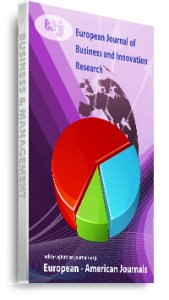Manufacturing firms are saddled with the problem of timing in terms of production and producing quality goods which leads to poor organizational performance, low employee performance and low commitment on the job. The broad objective is to ascertain the extent of relationship that exists between flexible timing and employee performance in manufacturing firms in Anambra State. The specific objective is to ascertain the relationship between self- roistering and Employee Retention in manufacturing firms in Anambra State. The work was anchored on Attribution Theory by Heider (1958), Descriptive Survey Research Design was adopted. The Population of the Study is 220 and Pearson Moment Correlations Co-efficient was used to analyze the data. It was revealed through the findings that there is a significant relationship between self -roistering and employee retention (Cal.r.935>Crit.r.195), in the manufacturing firms in Anambra State. The study concludes that flexible timing has a significant positive relationship with Employee Performance and the study recommends that the management of the studied manufacturing firm should imbibe self-roistering as part of the flexible timing procedure; it tends to enhance the employees ‘commitment in their jobs which leads to their retentions in the organization, and it brings about good quality products manufactured.
Keywords: Employee Performance, employee retention and attribution theory, flexible time, self-roistering

